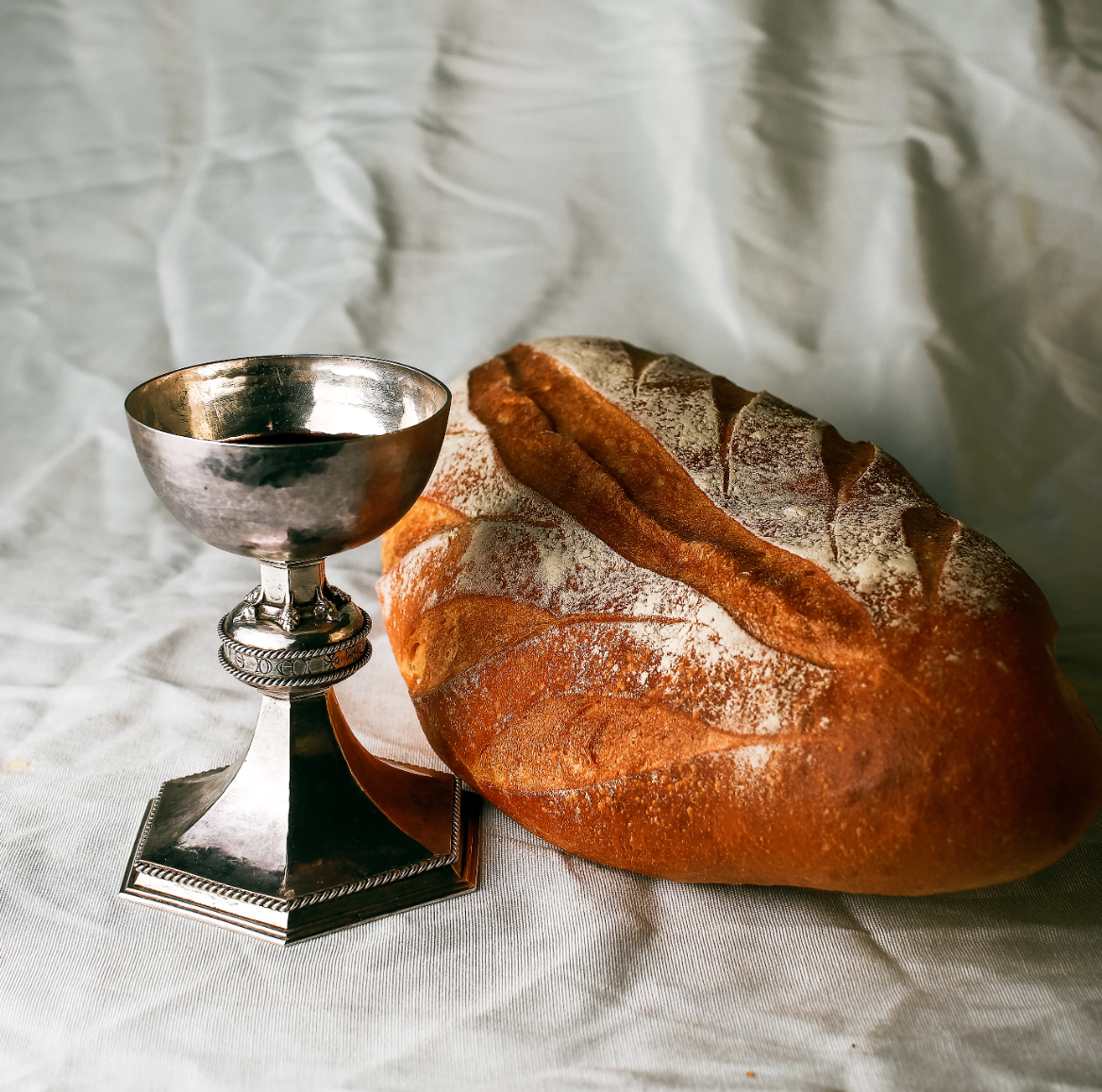Insides & Outsides // Terry Pratchett's Equal Rites

In Terry Pratchett's novel, Equal Rites , there's a scene that illustrates a thread I keep seeing in his writing. An older woman, a mentor-figure, is trying to teach a young girl how to use magic effectively. One of the things she teaches the girl to do is "borrow" the mind of an animal, like an eagle or bear, to use the animal like a periscope - see what they can see, sense what they can sense. The older woman warns the girl not to take control of the animal's mind, only to ride alongside it, but the girl ignores her warning. She seizes the mind of an eagle and flies away with a triumphant screech while her human body falls into a coma. But because she doesn't know the limitations of the eagle's body, it gets tired and falls to the earth on a remote mountain. But the older woman tracks the eagle, brings it home and warms it again. Patiently she coaxes the girl's consciousness out of the eagle and back into her human body, and it passes from a coma i



